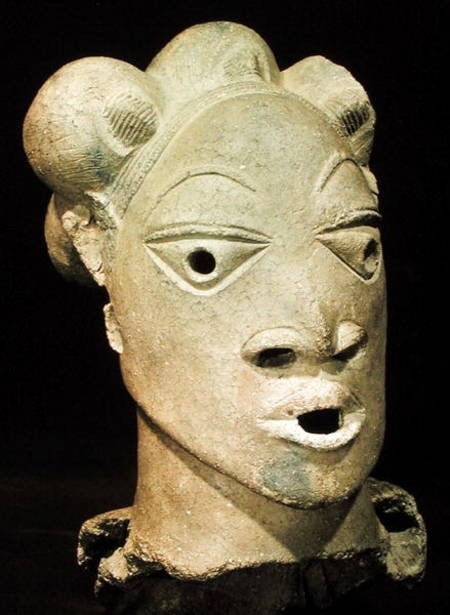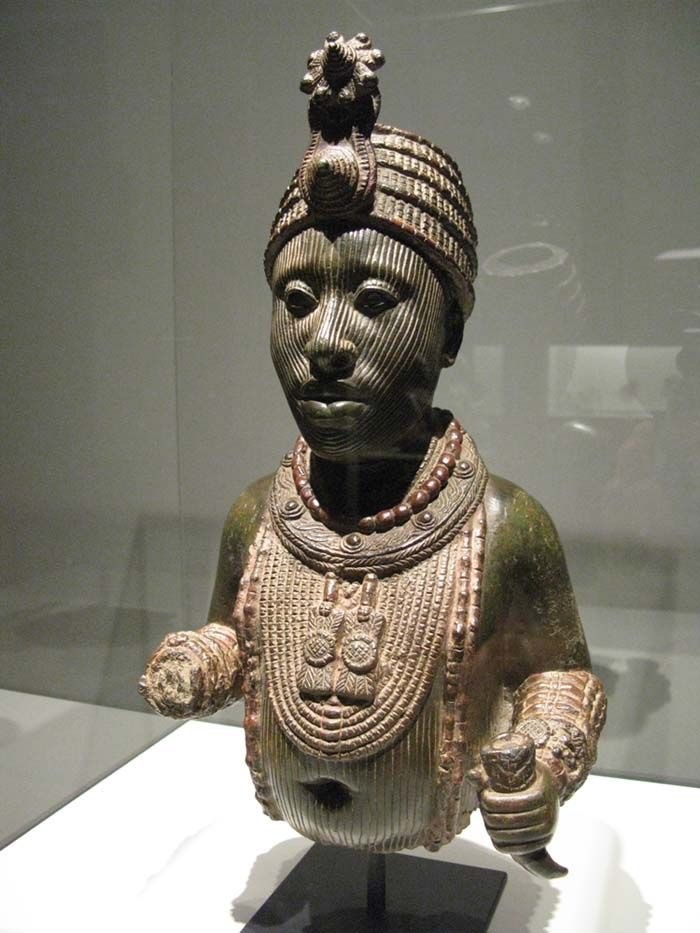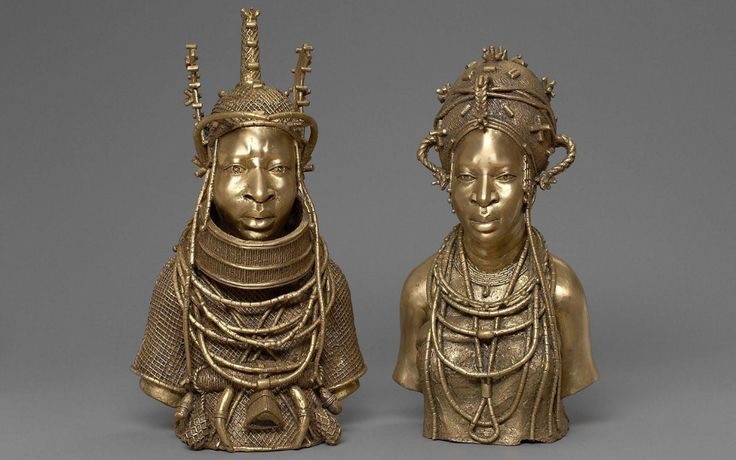The global landscape is abundant with priceless cultural artifacts, serving as tangible links to bygone eras. These artifacts often cross borders, taking up residence in foreign museums and exclusive private collections, their journey often intertwined with histories of conquest, colonialism, and sometimes, brazen appropriation. The dilemma surrounding the restitution of these pilfered cultural treasures is a complex ethical puzzle that has garnered significant attention in contemporary discussions. While proponents argue that repatriation is a crucial act of rectitude, dissenters offer a multitude of ethical nuances worthy of consideration.
Supporters of repatriation assert that the return of stolen cultural items to their countries of origin is fundamentally a matter of equity. They emphasize that many of these relics were taken during colonial eras under violent, coercive, or exploitative circumstances. Repatriation, in their perspective, serves as a means to redress historical injustices.
Repatriation assumes the responsibility of custodianship for the preservation of cultural heritage. When stolen artifacts are returned to their rightful owners, they often acquire a deeper significance within the tapestry of their original culture. Here, they can be meticulously preserved, subjected to academic scrutiny, and shared closely with the local community.

Repatriation possesses the potential to transform a nation or society by fortifying its cultural identity. These artifacts transcend mere objects; often, they carry profound spiritual or cultural significance. Their return can rekindle a profound connection between people and their roots, instilling a sense of pride and identity that resonates deeply within the collective psyche.
At the heart of the ethical quandary surrounding repatriation lies the conflict between legal ownership and ethical responsibility. While some cultural artifacts may fall within the confines of legal possession, the ethical question of whether they should be returned to their original locations persists. This dilemma compels us to contemplate the significant implications of ethical stewardship within the realm of cultural heritage, prompting a philosophical inquiry into moral obligations that transcend the boundaries of laws and regulations.
Another argument posits that retaining cultural relics in foreign museums fosters cross-cultural interaction and advances academic research. Individuals from around the world can study and appreciate these relics in museums, which are considered bastions of education. Striking a harmonious balance between this commendable educational objective and the rightful claims of the original custodians presents a formidable challenge.

Opponents of repatriation express concerns about the ability of certain countries to adequately maintain and protect these invaluable antiquities. They argue that bringing these priceless artifacts back to regions with limited resources or political instability could inadvertently expose them to the risk of damage or even destruction. This perspective underscores the importance of diligent stewardship and the critical significance of ensuring the survival and integrity of these cultural treasures.
Experts generally concur that a nuanced, case-specific approach is essential when considering repatriation. Each item carries a unique historical narrative and cultural value, necessitating thorough examination of the circumstances surrounding its acquisition.
A compelling argument is made for international cooperation as the linchpin for addressing the moral implications of repatriation. This collaborative framework may encompass bilateral or international agreements between countries and organizations, facilitating short-term loans of artifacts for endeavors such as joint research or educational initiatives.
Repatriation can also be viewed as a means to foster goodwill and cooperative relations. It can be reframed as an opportunity for nations to establish connections, cultivate partnerships, and collaborate in preserving and celebrating their shared cultural heritage, rather than viewing it as an adversarial process. Through this perspective, repatriation is recast as a tool for building cultural diplomacy, where the present and past intersect to sow the seeds of a more peaceful future.

The ethical dimensions surrounding the repatriation of stolen cultural artifacts are intricate and multifaceted, requiring thoughtful and nuanced consideration. While justice and the preservation of cultural heritage present compelling arguments in favor of repatriation, it is essential not to overlook the broader implications, including their potential impact on cultural exchange, preservation challenges, and diplomatic relations. In the pursuit of a balanced resolution, the primary task is to strike a delicate equilibrium among these competing ethical considerations. The ultimate goal is to navigate this intricate discourse, ensuring that cultural artifacts are treated with the reverence and respect they deserve, ultimately enriching and benefiting all of humanity.
Sources
- https://www.khanacademy.org/humanities/special-topics-art-history/arches-at-risk-cultural-heritage-education-series/whose-art/a/repatriating-artworks#:~:text=The%20arguments%20against%20repatriation%2C%20most,t%20want%20to%20lose%2C%20are%3A&text=If%20all%20museums%20returned%20objects,museums%20would%20be%20nearly%20empty.
- https://www.seisen.com/student-life/seisen-post/features/~board/seisen-post/post/why-artifacts-in-museums-should-be-repatriated#:~:text=Artifacts%20hold%20symbolic%20historical%20and,origin%2C%20allegiance%2C%20or%20citizenship.
- https://itsartlaw.org/2023/06/19/repatriation-of-the-benin-bronzes-an-ethical-and-legal-discussion/
- https://www.obs-traffic.museum/legal-and-ethical-considerations-repatriation-illegally-exported-and-stolen-cultural-properties




